Dear readers,
In 1996, at the impressionable age of sixteen, I was hired by Superonline, one of Turkey’s first ISPs. Our office was located in the leafy Istanbul neighborhood of Ulus, where I lived. Inside the office we had the fastest internet in Turkey (100 kilobytes per second!), not yet available to customers. I had my own cubicle, my own kayag@superonline.net company e-mail address, and wages that allowed me to purchase an Ilford black-and-white roll film each week for my Canon AE-1 camera. I was able to place the occasional order for a Janus arthouse VHS tape on Amazon: it cost around $50 to ship a Robert Bresson film from New York to my Istanbul apartment.
Superonline felt like heaven. I was visiting an office where young men with long hair and women in tattoos worked and I was spending between five and seven hours in front of a computer each week there.
I had grown up reading computer magazines (BYTE, PC World, PC Magazine) and dreamt of being a coder as a teenager. The first books I purchased with my pocket money concerned Visual Basic. Soon I realized coding wasn’t for me: I was interested in other types of books. At Superonline, at least, I could lead a coder-adjacent life.
This was the pre-Recep Tayyip Erdoğan era. Internet was free, as long as you didn’t write pointed comments on the oppression of Kurds, Armenians et al. By 1997 the government of Bülent Ecevit started regulating the web and a flurry of websites evaporated by the order of the Turkish state. I passionately opposed this development. Aged 17, I joined the “real action” group against Turkish censorship.
25 years later, circa 2020, I returned to the world of tech when a new internet publication, Rest of World, asked me to become a contributor. I’ve been writing for them for the past half decade and wanted to share my recent contributions.
“Digital Divinity” looks at how “technology has transformed how we spend, study, live, eat — even how we sleep. And for the 6.75 billion people around the world who consider themselves religious, technology is also changing their faith. How people worship, pray, and commune with the divine is transforming from Seoul to Lagos.”
I published three stories in this series and you can read them here.
The Turkish TikToker teaching young women to be religious girlbosses.
A step counter, but for your prayers.
Muslim 3D, a video game designed to fight Islamophobia.
I will be sharing more tech stories soon—as I’m happy to announce that I received a grant for my writing from Ford Foundation that funds Rest of World’s Labor x Tech Reporting Fellowship! As a labor x tech fellow I’ll be contributing a set of stories to Rest of World over the following year.
In other, non-tech news, I contributed to The Dial magazine’s “U.S. Election Abroad” feature with a piece on November 4 as seen from Turkey.
Another “view from Turkey” piece, on the Israel-Hamas war, appeared in New Humanist magazine’s Winter 2024 number.
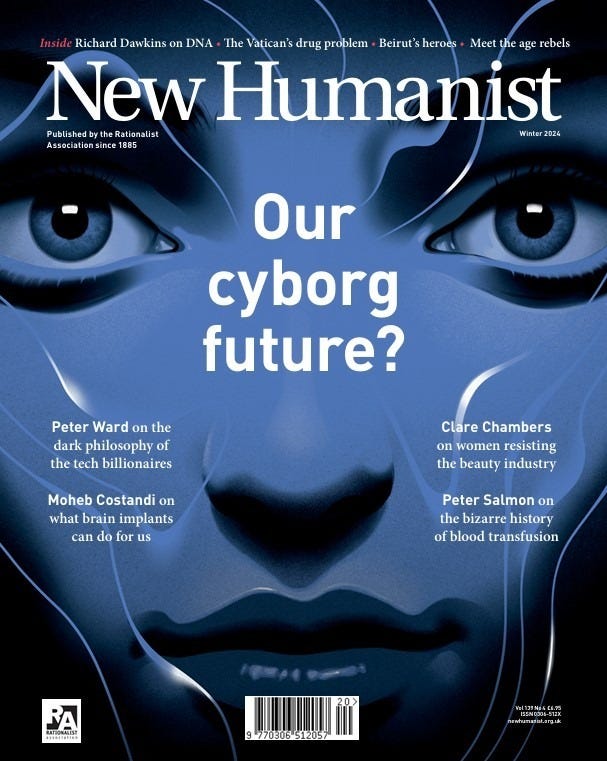


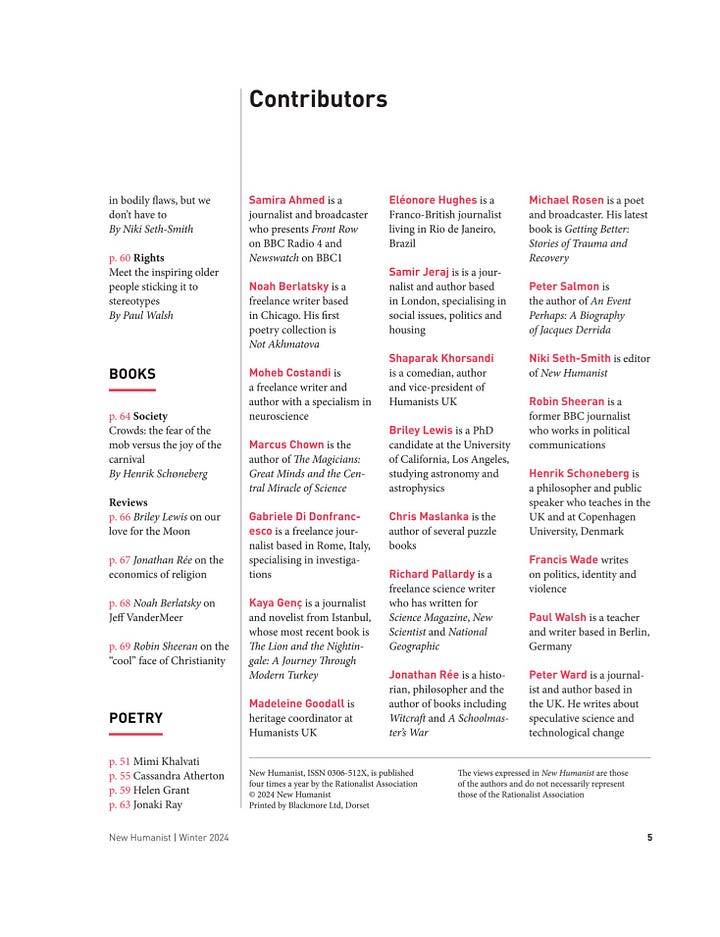
Elsewhere in Britain, I enjoyed reporting this long-form piece on the resistance to “Culture Route,” a government-funded festival in Turkey, and how that is energizing Turkey’s art scene, for ArtReview.
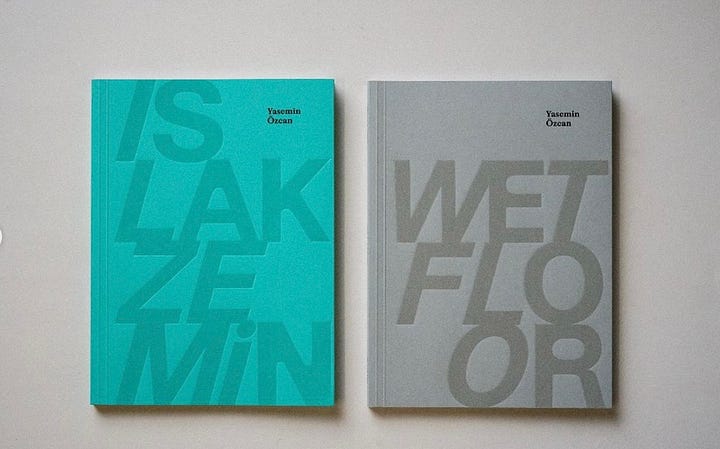
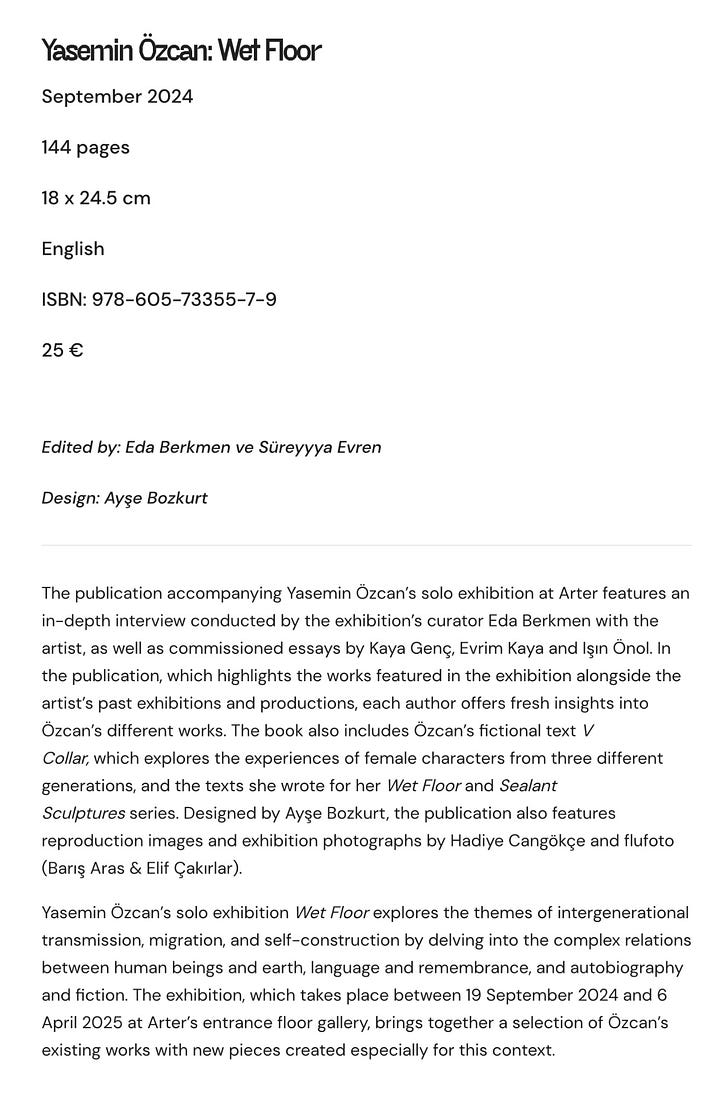
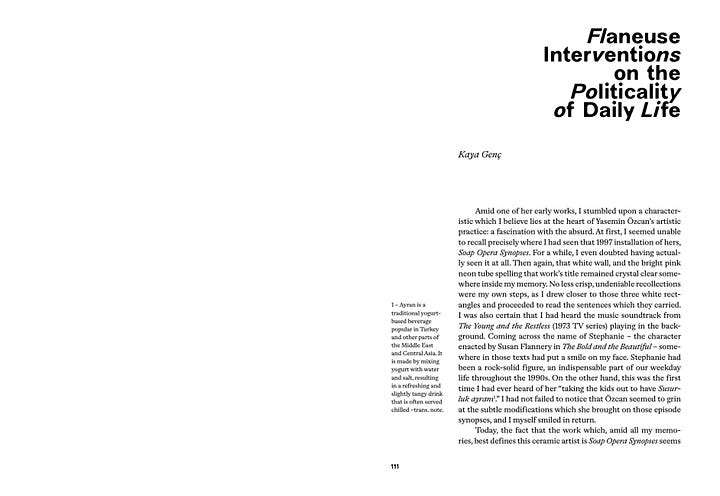
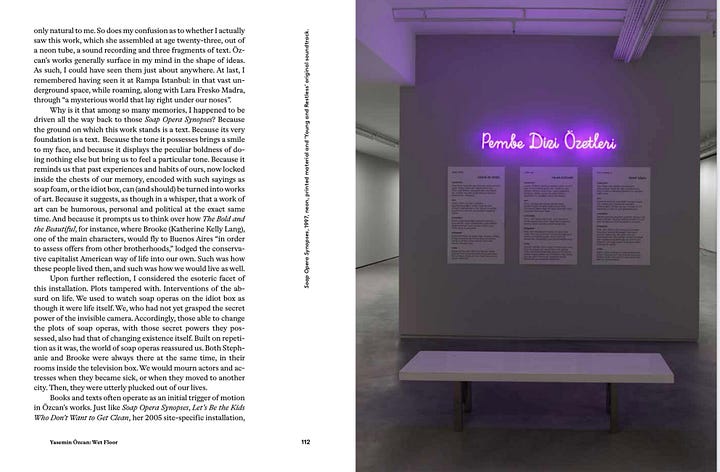
Until next time,
—Kaya




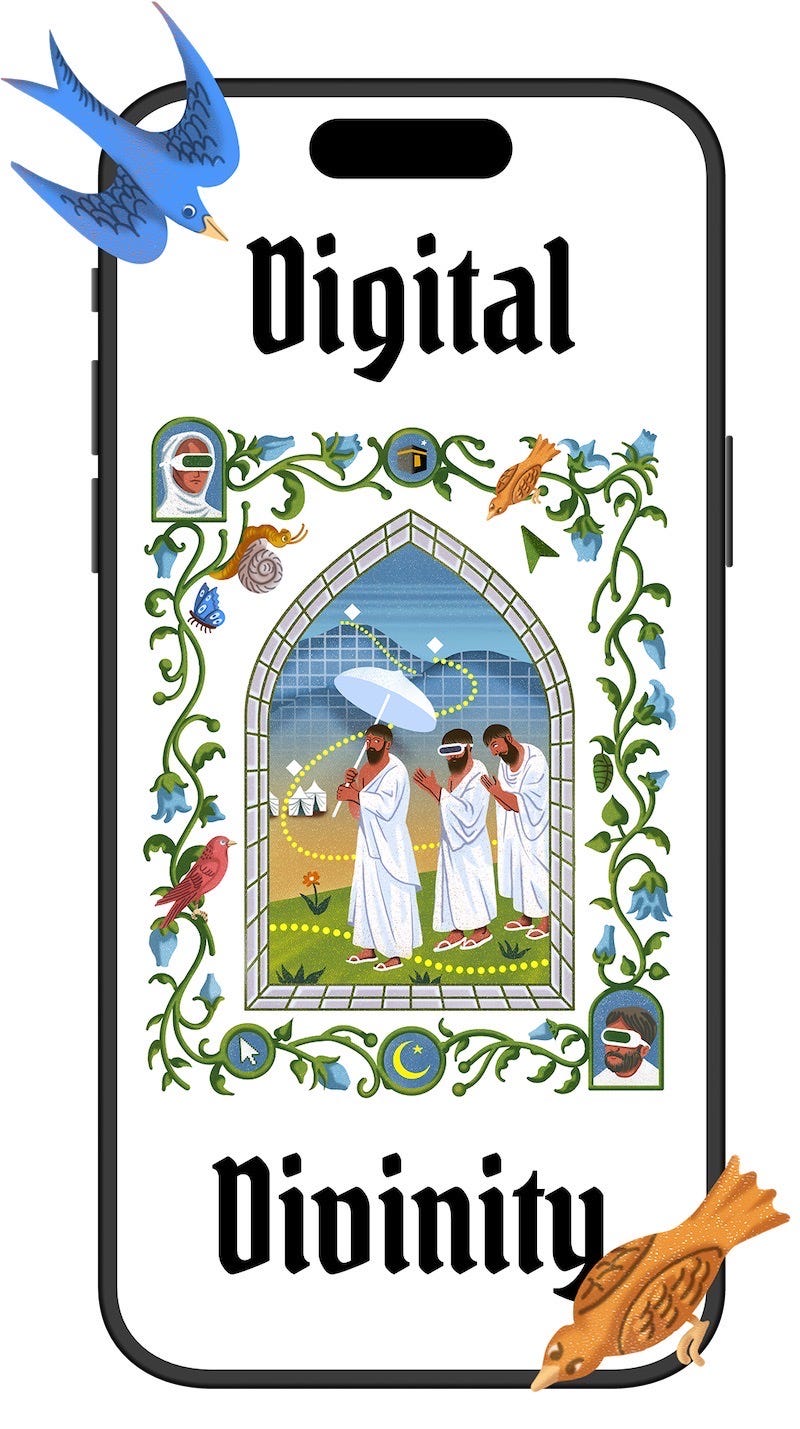

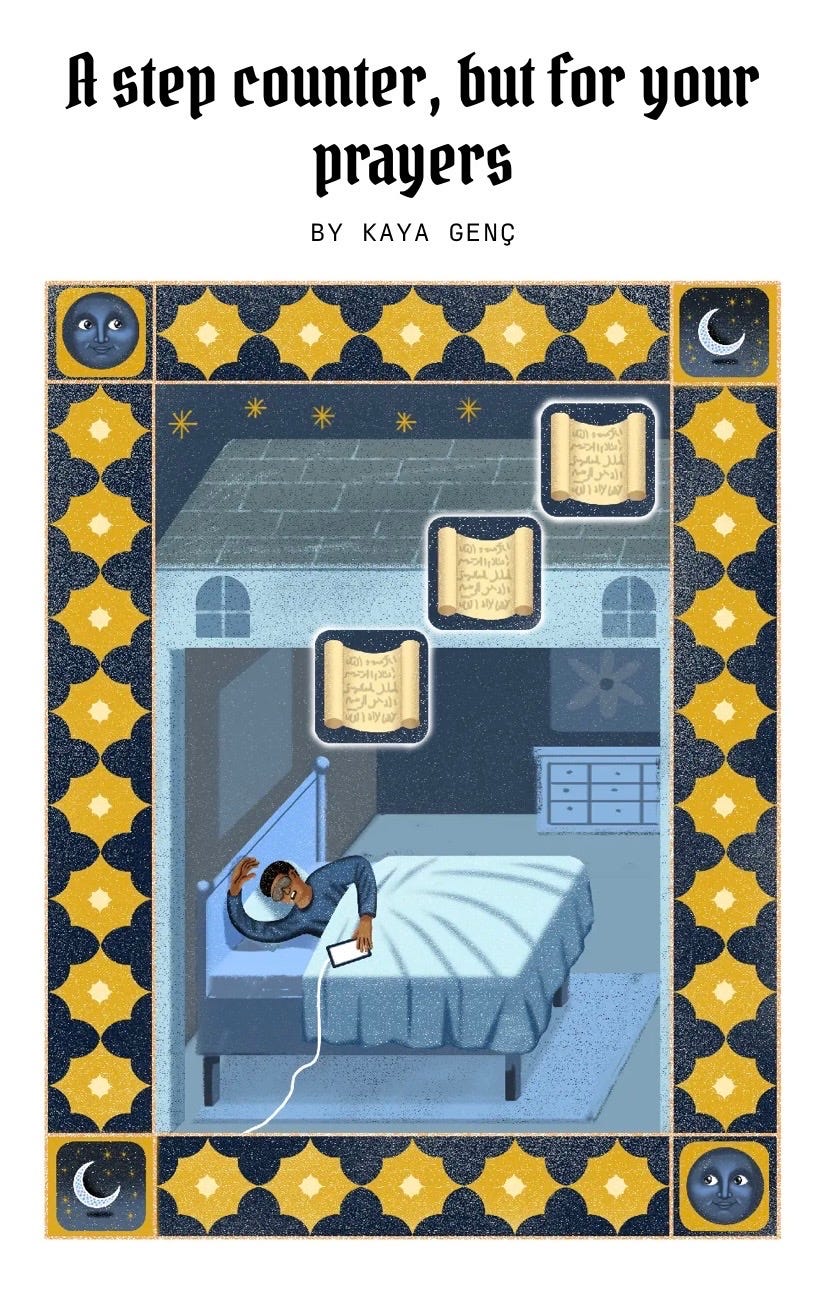
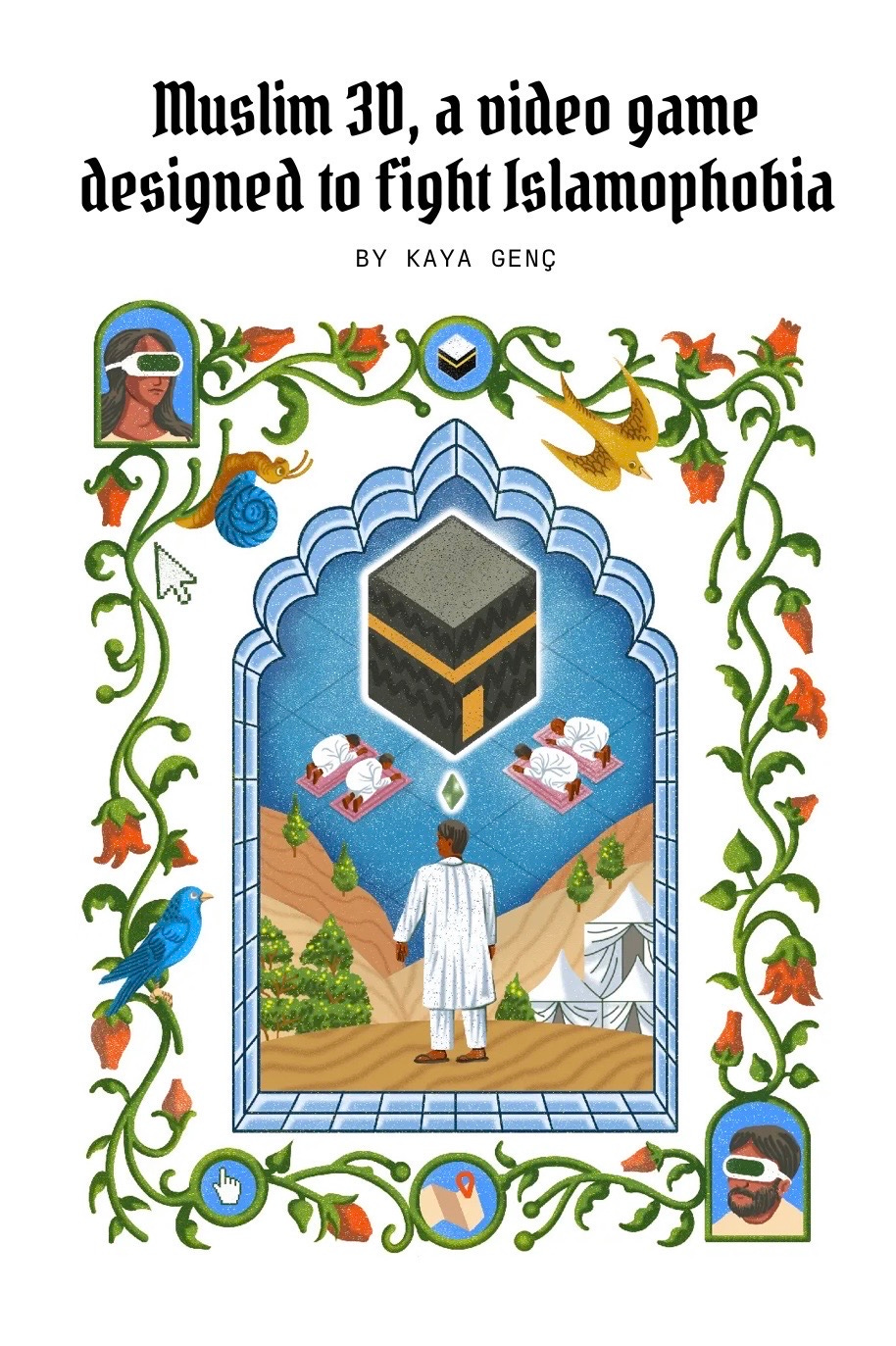
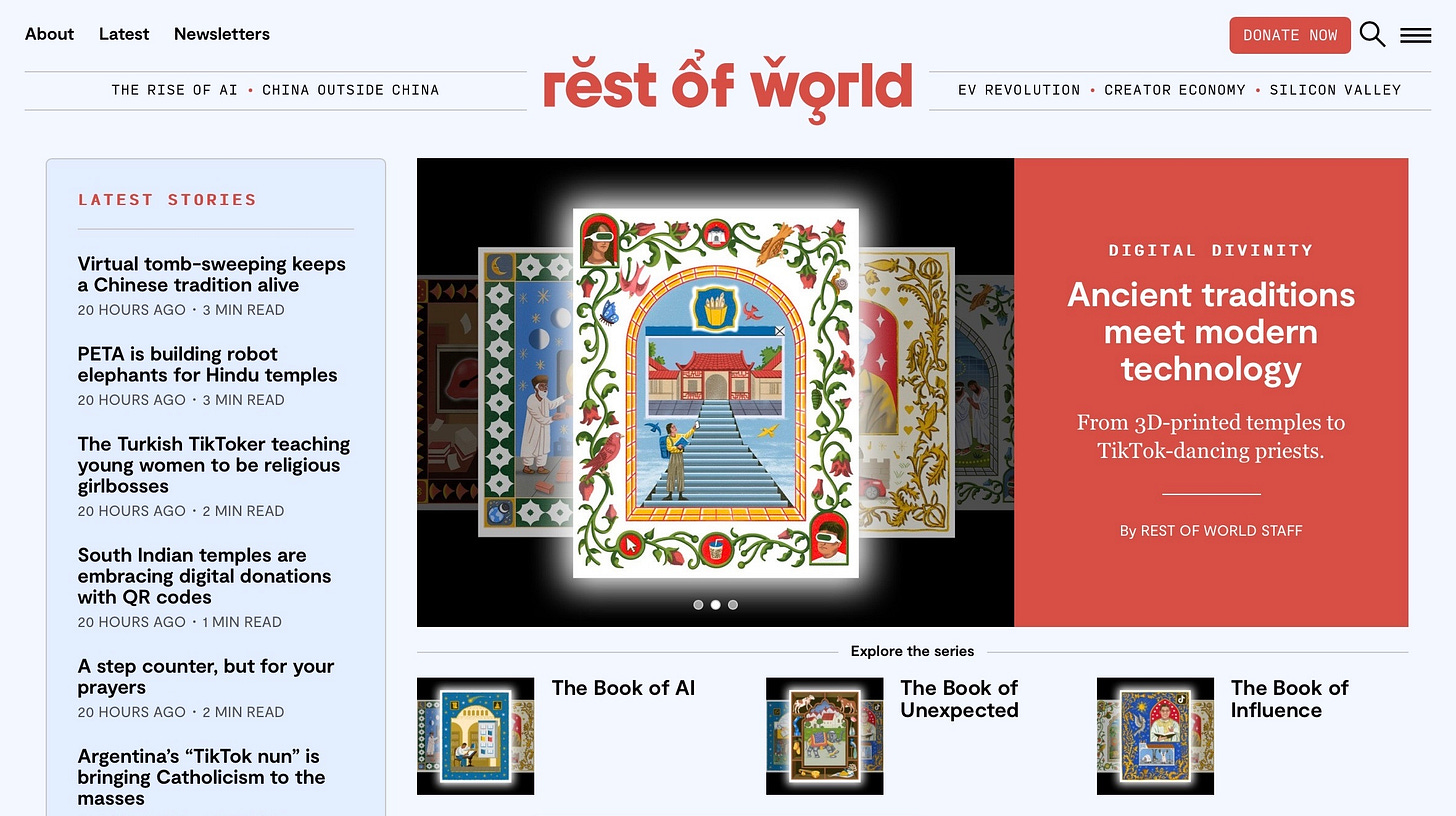


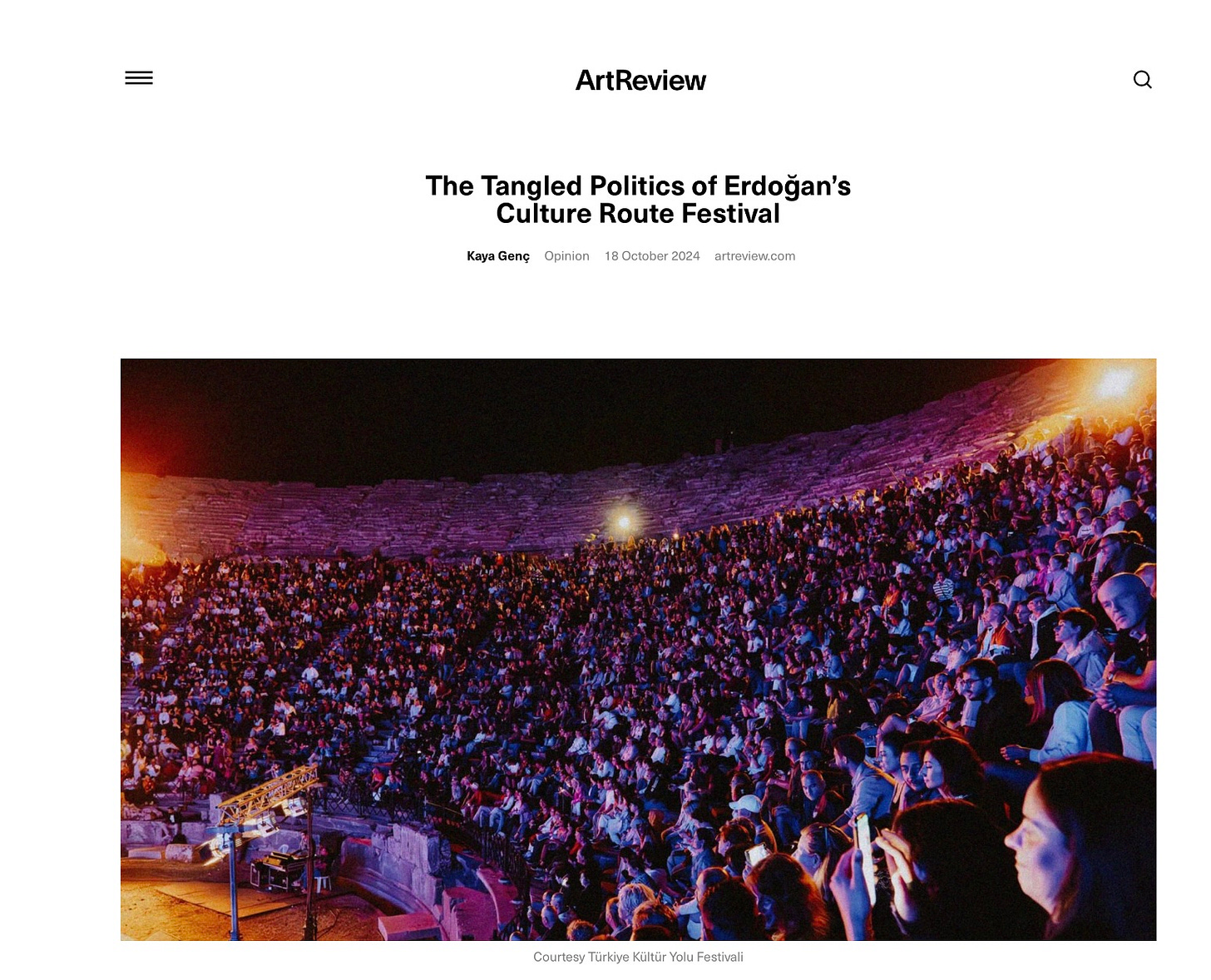
Congratulations! It looks like your grant was hard-earned, and well-won.